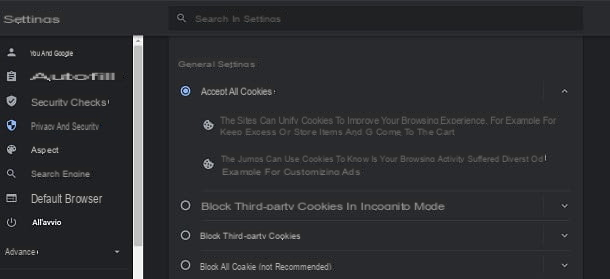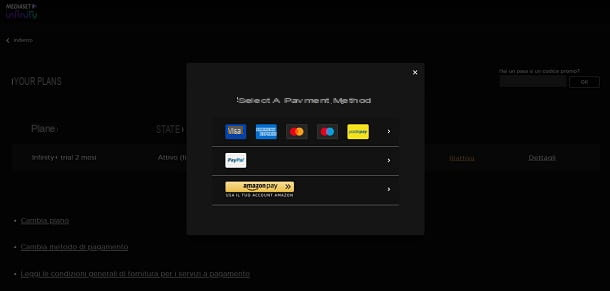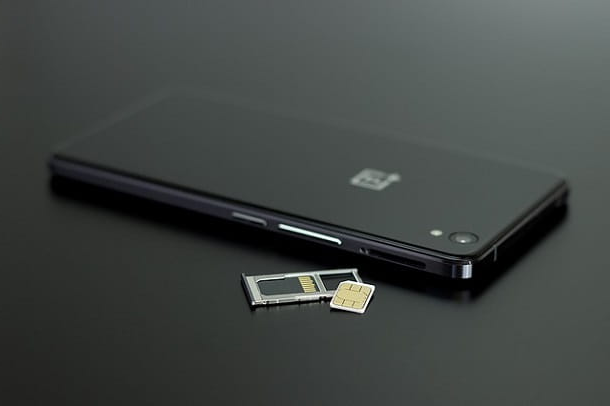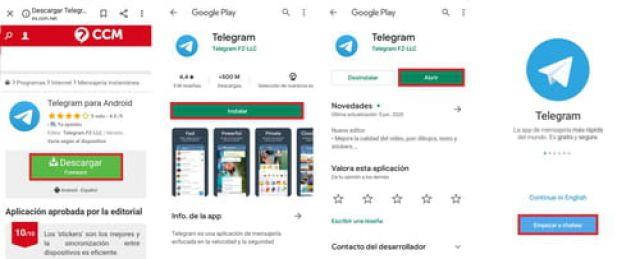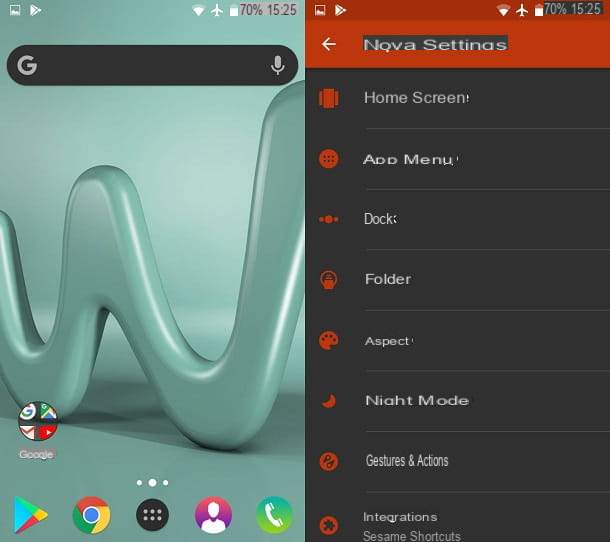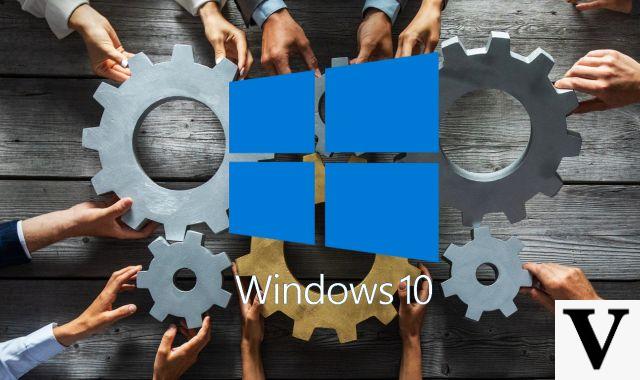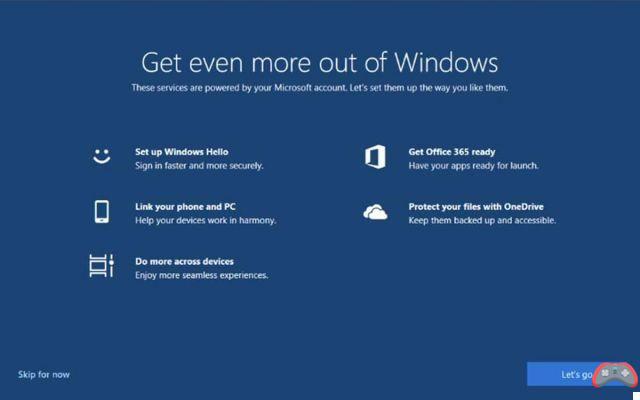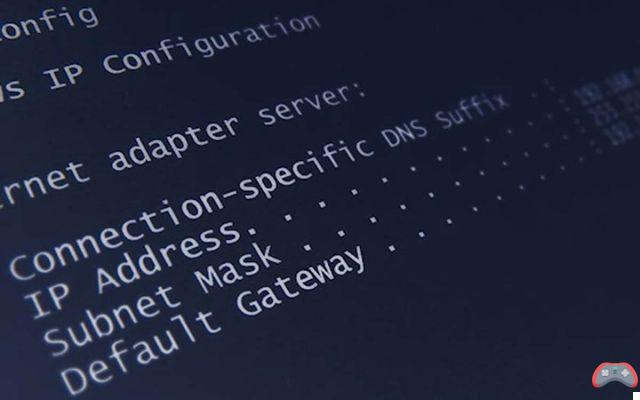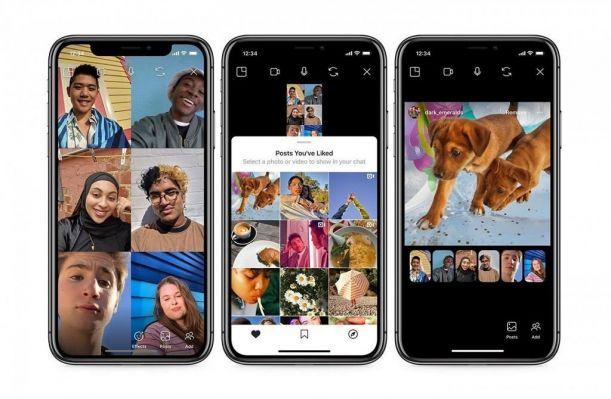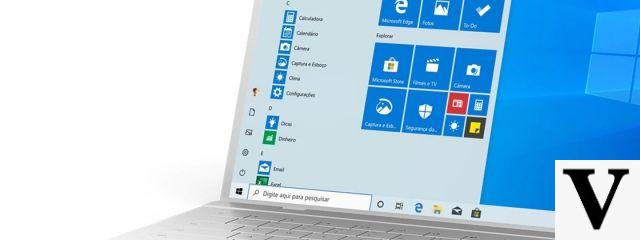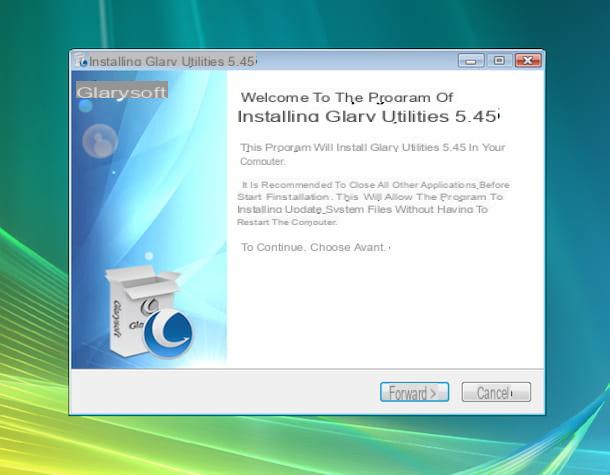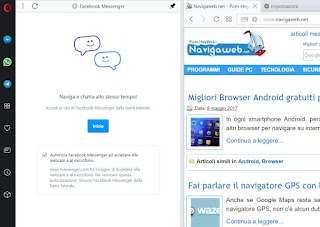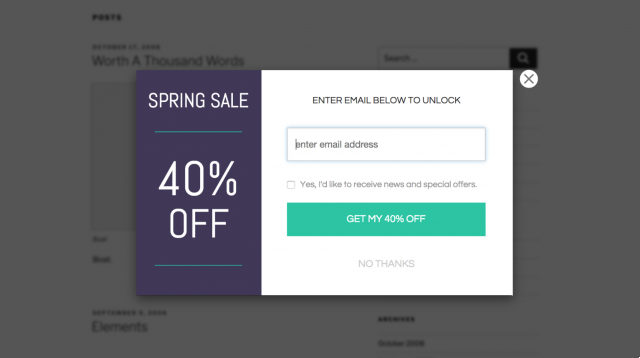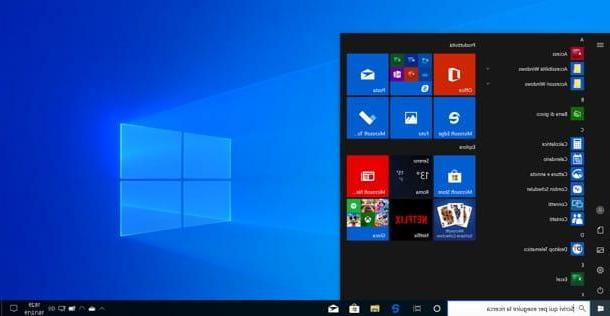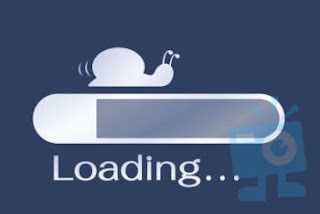 If there is a problem with the computer that really creates irritation and helplessness, it is that of a slow browser to load pages.
If there is a problem with the computer that really creates irritation and helplessness, it is that of a slow browser to load pages.Sometimes, for some unknown reason, the internet goes slower than usual, the pages take longer to open and show themselves in full.
Unfortunately, there are many reasons why the internet is slow, it may be the computer's fault, there may be a momentary problem on the line or it may be the browser's fault, which is not well configured.
In this blog we have already examined the issue from different points of view, explaining why the internet is slow and how to solve slow connection problems.
in this article we further expand the discussion by going more concretely and then, assuming that the line works, let's see what the factors are and affect the speed of browsers (Chrome, Firefox or Internet Explorer) and how to make the internet never be slow.
ALSO READ: Browser to choose for those who want it light, fast, secure or modern
1) Browser maintenance
The web browser is the program that loads and displays the pages of websites.
Chrome, Firefox and Internet Explorer and Safari are the best known and most used in the world and require maintenance.
Since there is so much garbage on the internet, the browser, after a certain use, becomes like a dustbin that collects anything, loading millions of files made up of text, images, videos and animations that make up the websites visited on the computer. .
This massive amount of data on where we've been and what we've looked at could, over time, slow down browsing.
Every now and then it is important to go to the history menu and, as explained in another guide for Firefox, Chrome, Edge and Safari, clear the cache and delete history and cookies.
If you want, you can also block the saving of the sites visited in the browser history even if I personally do not recommend it, because the history is often useful.
In addition to this, it is also important not to keep too many tabs open together, always update the browser to the latest version and limit the use of active extensions, which take up memory and slow down loads.
ALSO READ: How to speed up Google Chrome if slow or heavy
2) Remove malicious and heavy extensions
Browser extensions can significantly affect your browsing speed.
It is therefore advisable to open the list of installed extensions and remove the ones you are not using.
We have seen how on Chrome you can use the task manager to find out which extensions are heavier.
In addition to this, it is imperative that there are no adware plugins or extensions, those that change search engine and start page and show more advertisements on each website.
To check their presence and remove it, there is a simple tool to use at least once a month that I will never stop recommending: ADWCleaner.
3) Uninstall the antivirus if it is heavy
Antivirus is essential software for every computer that cannot be missing.
Some antiviruses, however, are really too fussy and, in my opinion, it is better to either remove them and replace them with lighter ones or configure them so as not to disturb navigation.
It is above all those who control the network, those who integrate a browser plugin and those who also act as a firewall, the antivirus that make the internet slower.
On the AV-Test site you can find out which antivirus offers the most protection, while remaining fast and light.
There are so many good free antiviruses, that it shouldn't be hard to find another one instead of the current one, if you find it slows down your computer.
4) Useless plugins
Each browser is loaded with plugins, i.e. additional software, which can slow down the loading of the internet. Today the problem of browser plugins has practically been solved since both Chrome and Firefox and all other browsers no longer support external plugins.
It is therefore no longer necessary to remove plugins to make the browser lighter and be safer. Flash, for example, no longer exists, as does Silverlight. Other plugins are instead loaded from websites and no longer integrated into browsers.
For online videos only, you can still turn off auto-start. In this way, all the contents of the web pages that require a plugin to load, remain stationary and require, for their execution, a user click.
5) Use fast DNS
Dynamic Name Servers (DNS) are computers that function as a telephone book for the Internet.
Ogni volta che si carica un sito internet come , il PC chiede al server DNS dove si trova il sito e qual'è il suo indirizzo IP.
This step is very fast, but it can be slower or slower depending on the efficiency of the DNS server set.
Choosing the best DNS can therefore speed up the connection significantly.
On this topic, also to understand what I'm talking about, I refer to the guide on how to always configure the fastest DNS.
ALSO READ: Speed test of browsers between Chrome, Firefox, Edge and Opera






